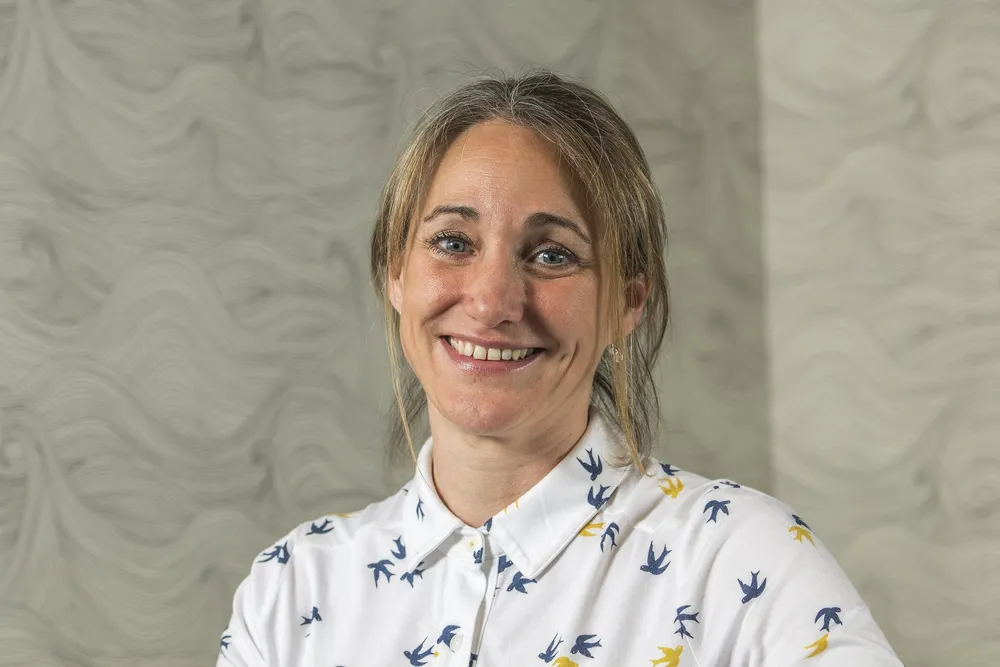Equinor backs firmer action against CfD dropouts, says UK chief
Orsted and Vattenfall have in recent years pulled out of CfDs for projects totalling almost 4GW, in major blows to Britain’s renewable energy targets

Equinor supports firmer action being taken against offshore wind developers that pull out of Contracts for Difference (CfD) secured in UK renewable energy auctions, says one of its executives.
Orsted cited rising supply chain costs and interest rates in the intervening period, but also made clear the decision was taken in light of its “updated strategy” under new CEO Rasmus Errboe.
This is because to get to the point where a project can secure a CfD the amount of money a developer must spend is “already huge.” Indeed, Orsted said when it paused Hornsea 4 – now placed back into the development cycle – that it predicts breakaway costs of DKr3.5 to 4.5bn ($530m-$680m).
“Every financial investment decision has to be based on a good business case,” stressed Read – “so regardless of if you have a CfD or not, if you haven't got that good business case, no one's going to invest.”
Currently, developers that pull a project out of a CfD in the UK are punished by a rule that forbids them bidding it back into the next two annual rounds. But Read said this current approach “isn’t enough.”
“We would support stronger disincentives,” she said, while adding that it “probably wouldn't have stopped some of those decisions being taken because it gets to a point where you have to take that decision regardless of what the penalty is.”
But there has perhaps been less sympathy with Orsted over its decision, which effectively gutted the UK’s last CfD round in which Hornsea 4 had used up most of the available fixed-bottom budget, with a 960MW ScottishPower project the only other winner, and appeared to be due to a change in strategy as much as external factors.
What will be all the more frustrating for energy secretary Ed Miliband is that there were other eligible projects that could have taken the place of Hornsea 4, not least several being developed by Germany’s RWE.
Stronger disincentives for projects pulling out of CfDs could also help if unconsented fixed-bottom offshore wind projects are allowed to bid into future auction rounds, a controversial proposal currently being consulted on by the government, as it would help stop “speculative bids,” said Read.
“If you can put in place the mechanism whereby you're really encouraging projects who think they can deliver to actually take the CfD and then deliver it, I think that's a positive thing.”
Projects would “probably would still not progress if their business case isn't up to it,” she added, but it would make them think longer and harder about bidding in.
On what disincentives could be put in place, Read said that Equinor operates in markets where mechanisms like requiring developers to post bid bonds are already in place and that it is used to “different approaches” being used.
While some industry figures and experts have called for harsher punishments for quitting CfDs in light of Hornsea 4, others have argued that the write-downs developers like Orsted take when doing this are punishment enough. There are also concerns that the risk of punishments for pulling out of projects could translate into higher bids in auction rounds.
(Copyright)